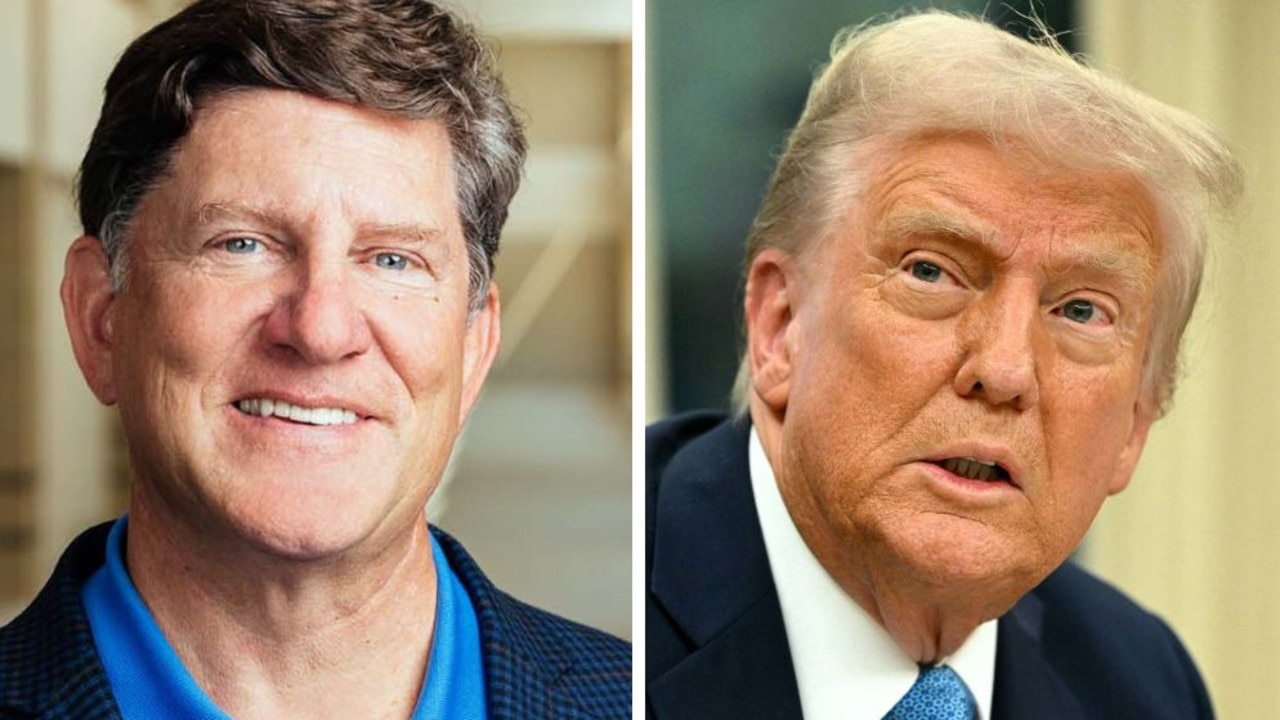US midterm elections: The defining day of Donald Trump’s presidency
TODAY will either cripple Donald Trump’s presidency or throw his opponents into a downward spiral of political chaos.
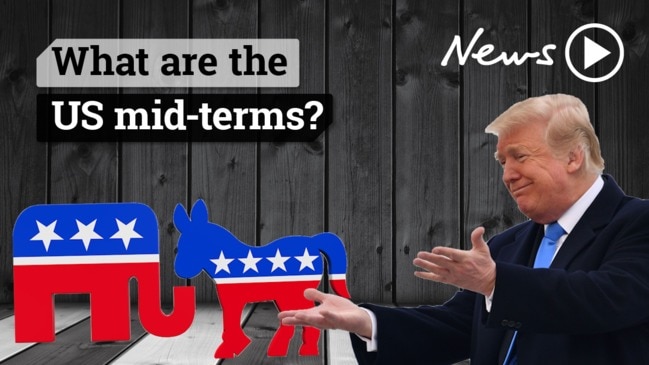
THE defining day of Donald Trump's presidency is here.
Hyperbolic as it sounds, the November 6 midterm elections really are that big.
They will either cripple Mr Trump’s administration or throw his political opponents, the Democrats, into a full-blown existential crisis.
Here is everything you need to know.
RELATED: How the midterms could backfire on Trump’s enemies
HOW IT WORKS
Like the stack of weird and disturbing toppings on a hot dog at the baseball, America’s system of government is maddeningly complex.
It is split into three branches, each designed to be a check on the other’s power:
• The Executive Branch: Mr Trump and the various agencies he controls directly;
• The Legislative Branch: Congress. Like our own parliament, it is divided into the House of Representatives and Senate;
• The Judicial Branch: The Supreme Court.
Every four years, about halfway through the president’s time in office, the midterms are held, putting the entire House and a third of the Senate up for re-election.
Mr Trump’s Republican Party currently controls both chambers. In these midterms, both could theoretically fall to the Democrats, though the Senate is very much a longshot.
Even if the Republicans only lose the House, however, it will leave Mr Trump unable to pass legislation without his bitter enemies’ help.
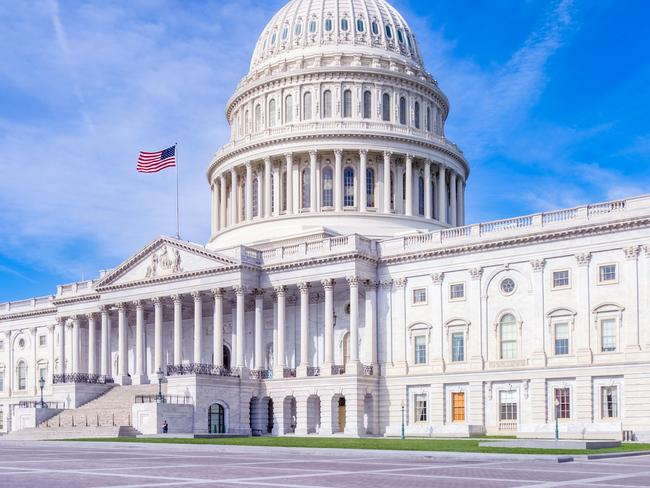
DEJA VU
Most presidents face this problem at some point. Mr Trump’s predecessor Barack Obama is a perfect example.
Mr Obama’s Democrats controlled both chambers of Congress during his first two years in office. They used that power to pass extensive legislation, including the controversial health care law known as Obamacare.
Republican voters were, in a word, apoplectic, and turned out to vote in huge numbers in the 2010 midterms. The Democrats lost 63 House seats and six Senate seats in a historic wipe-out, which left Washington hopelessly gridlocked for the remaining six years of Mr Obama’s presidency.
The same thing happened to George W. Bush in 2006. With the Iraq War and Hurricane Katrina weighing heavily on his popularity, Mr Bush’s party lost more than 30 seats in the House.
Polls have long shown Mr Trump facing a similar electoral disaster. At the moment, the statistics site FiveThirtyEight gives Democrats more than an 80 per cent chance of taking the House.
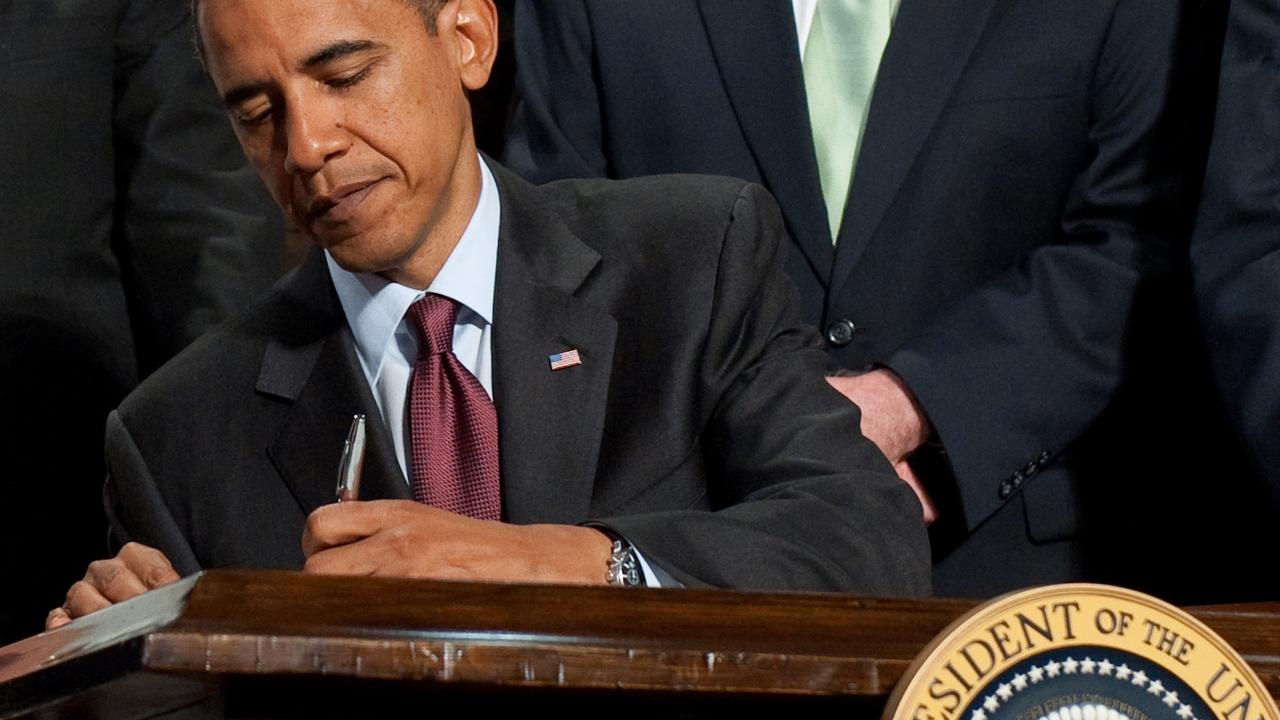
NOT SO FAST
However, in recent weeks there has been a dramatic uptick in Mr Trump’s approval rating, which could make all the difference.
At the lowest point of his presidency, an average of 37 per cent of Americans approved of Mr Trump’s performance, while 57 per cent disapproved. Now that yawning gap has narrowed to 43-52, which is about as good as it’s been since his very first months in the White House.
“It looked pretty bad a few weeks ago, but I think it’s looking better for us,” Republican Senator Orrin Hatch said recently.
On top of that, the electoral map favours Mr Trump. Twenty-six of the Senate seats up for grabs are currently held by the Democrats, while the Republicans are defending just nine. There simply aren’t many opportunities for Mr Trump to lose seats.
“If there is a big wave we could take back the Senate. If there is no wave we could lose seats with this tough map, and if there is a medium-sized wave we’ll be close to where we are now,” the Democrats’ Senate Leader Chuck Schumer admitted.
It sounds counterintuitive, but Mr Trump could conceivably lose the House and expand his majority in the Senate at the same time.
THE KEY FACTOR
Voting is not compulsory in the United States, a fact which makes its elections radically different from our own.
While Australian politicians are forced to focus on winning over voters in the centre, in America it’s all about ensuring your party’s base shows up on election day.
“Because America has voluntary voting, not like Australia’s compulsory voting, a lot more of it involves convincing your side to turn out and vote, rather than convincing undecided voters in the centre to support you,” Dr Shaun Ratcliff from the US Studies Centre told news.com.au.
That makes these midterm elections hard to predict. Donald Trump is an extraordinarily polarising person, and while he certainly energises elements of the Republican base, he has the same effect on the Democrats.
We have seen early signs of that in several recent special elections — the equivalent of Australia’s by-elections.
“In special elections, Democrats have done really well energising their base, and even quite safe Republican seats have at the very least been competitive,” Dr Ratcliff said.
He identified two major dynamics which usually influence the midterms, the first of which is Republicans’ traditional, in-built turnout advantage.
“Democratic voters are usually less likely to turn out,” he said.
“They’re generally lower income, younger or minority voters, and are often people with fewer resources who can’t afford to go out on Tuesday to vote.”
Every American election is held on a Tuesday, which makes it hard for many people to vote on the day - though early voting is available.
The other dynamic is more positive for the Democrats.
“Often the party of the president suffers a bit of a swing against them. It’s a bit easier for the opposition party to use the president to energise their base,” Dr Ratcliff said.
There is little question in his mind that the Democrats will win a majority of the popular vote — but that might not be enough.
“Like what happened to Hillary Clinton, that doesn’t necessarily mean they’ll win control of the House,” he said. Ms Clinton beat Mr Trump in the popular vote, but still lost the 2016 election.
Dr Ratcliff said they “need to win the popular vote by at least 6 per cent,” and hope it is distributed in the right seats.
“Will that vote fall in the right places? The answer is probably — yes.”
The most likely scenario is the Democrats taking the House, but falling short in the Senate, where the numbers probably won’t change much.
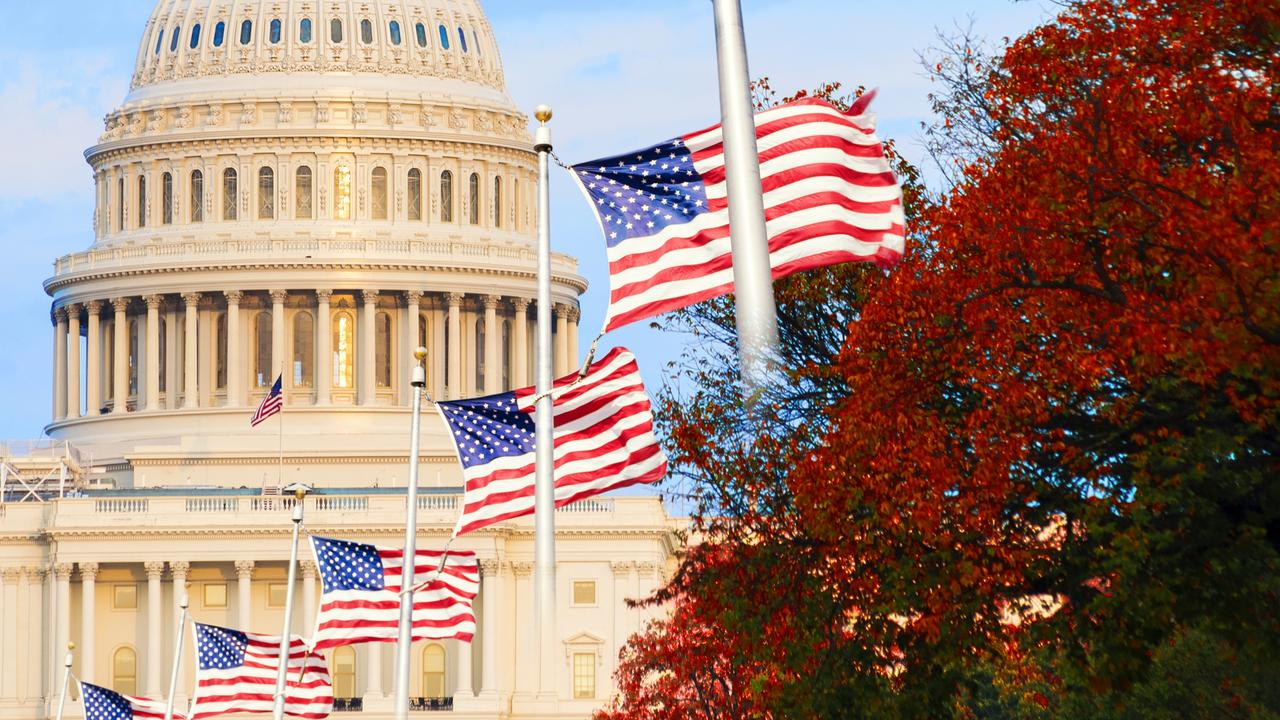
WHAT NEXT?
Say everything does unfold as expected, and the Democrats claim the House. They will then wield extraordinary power over Mr Trump’s presidency.
With control of the congressional committees, they would be responsible for oversight of the executive branch. That could include an investigation of Mr Trump and his associates.
They would have the power to subpoena executive agencies, officials and departments for evidence, documents and testimony. They could even get access to Mr Trump’s mysterious tax returns.
They could even start impeachment proceedings against the President — though the Republicans’ numbers in the Senate would almost certainly protect him.
Most importantly, Mr Trump would need votes from the Democrats to pass laws.
“It makes it harder for him. Even if Republicans still control the Senate, they can’t get legislation through,” Dr Ratcliff said.
Mr Obama faced perpetual gridlock for the last six years of his presidency. Negotiation with the Republicans occasionally worked, but more often than not, he was forced to enact his policies in another, deeply flawed way.
“He relied on executive orders, which essentially means working with regulations,” Dr Ratcliff said.
“The president has broad powers to do things. The problem is, the next president can just come in and write an executive order of his own.
“Trump would be forced to enact policy in a similar way.”
So, if Mr Trump chose to circumvent Congress using executive orders, his successor could just as easily revoke them.
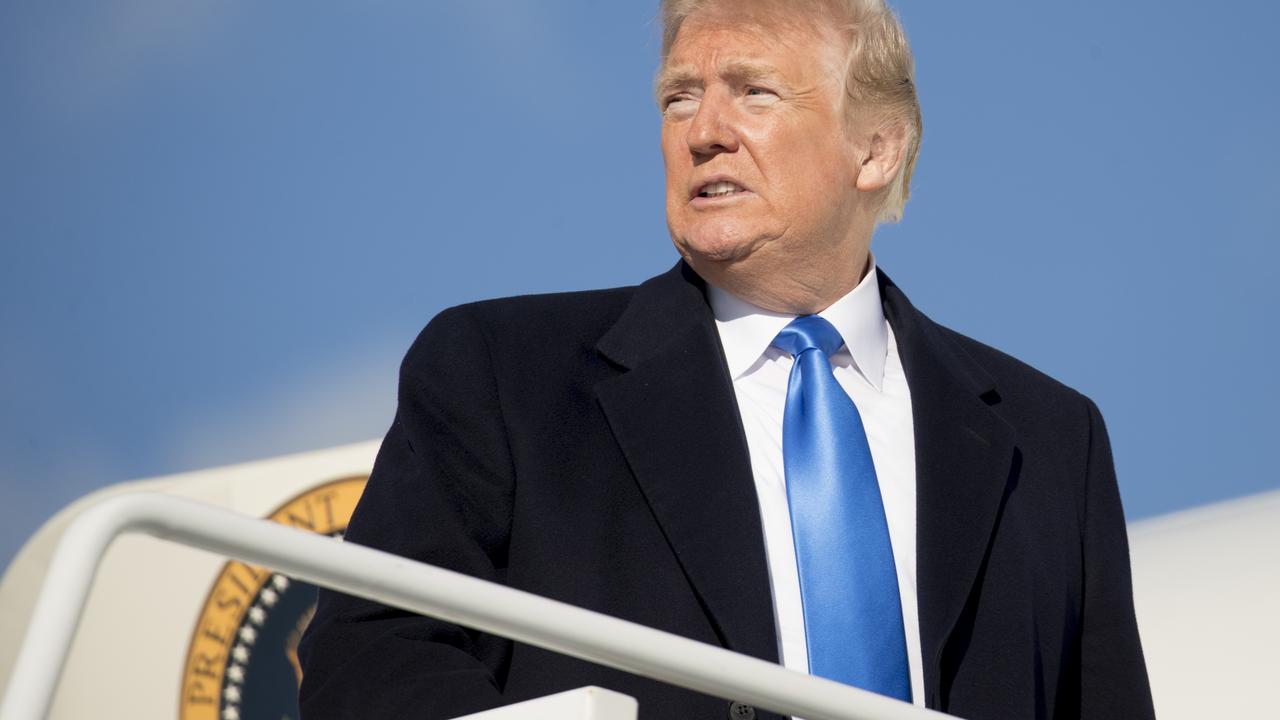
THE NIGHTMARE SCENARIO
What if there is a surprise, and the Democrats fall short?
In a purely practical sense, that would mean a return to the status quo. The wheels of America’s government would work in much the same way as they’ve done these last two years.
“As long as the Republican party can hold its majorities together, they can pass whatever legislation they want,” Dr Ratcliff said.
Politically, however, the fallout could be monumental.
Speaking to Four Corners last month, Mr Trump’s former top political adviser Steve Bannon described the “civil war” that could break out among the Democrats.
“If they lose this November, the civil war inside the Democratic Party is going to consume them for years and is going to make Donald Trump’s re-election in 2020 a forgone conclusion,” he said.
There is an undeniable rift in the Democratic Party. It was on full display in 2016, when left-wing senator Bernie Sanders sustained a surprisingly stubborn challenge to Hillary Clinton for the party’s nomination.
Ms Clinton, the “establishment” candidate, eventually prevailed — only to lose to Mr Trump.
Should the party again fail to hand Mr Trump the drubbing its supporters feel he deserves, Mr Bannon thinks a left-wing insurgency could grow in strength and transform the Democrats, much like the populist Tea Party did to the Republicans when Mr Obama was president.
Dr Ratcliff’s US Studies Centre colleague, Professor Brendon O’Connor, described that as “wishful thinking” and “an exaggeration” at the time, but did warn Democrats would face immense internal tension during the next presidential election.
“The Democrats are going to be wracked with fear and nightmares throughout the whole of the campaign, if Trump does go up for re-election,” Prof O’Connor says.
“Running against him isn’t easy. He is prepared to go so low in his tactics and name-calling. How do you counter that? It’s very hard to fight against someone who doesn’t want to fight you on any traditional grounds.
“So, who can actually beat Trump? Who would be effective against his disruptive style?”
The midterm results could have a huge influence on whom Democratic voters choose to lead them.


